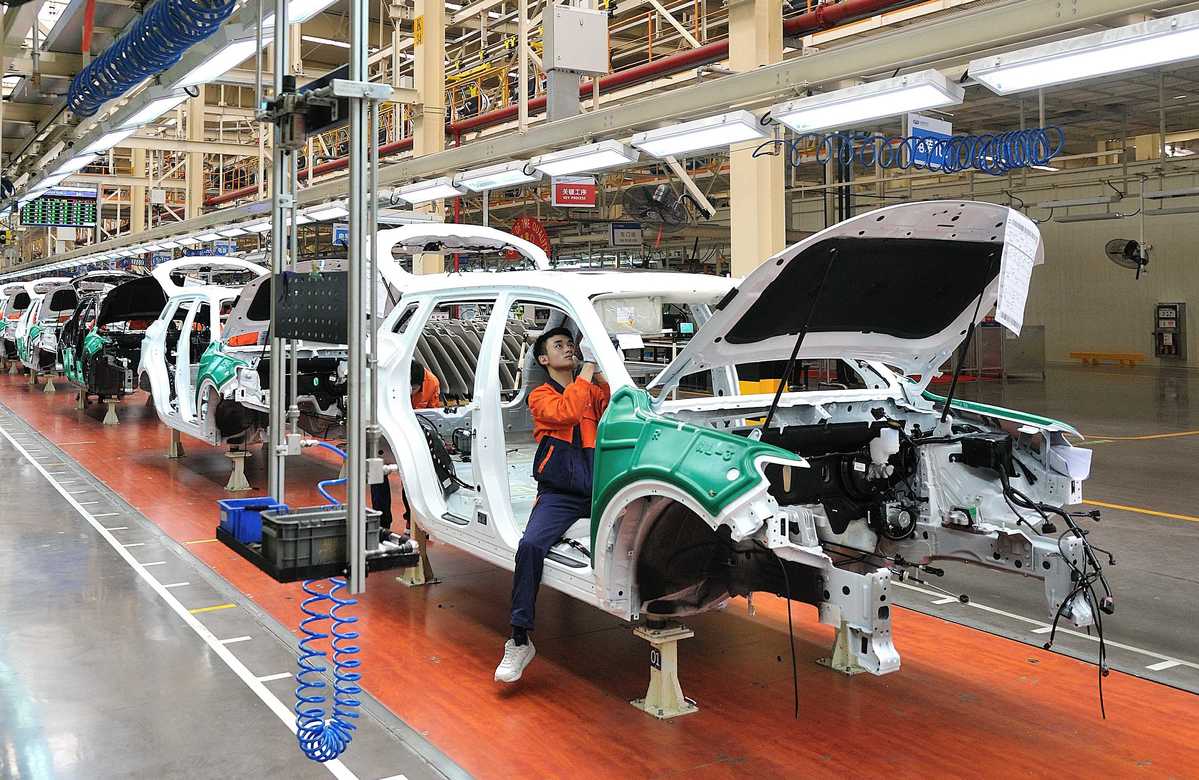Daimler, Geely reportedly to create ride-hailing joint venture in China
By Zhu Lingqing | chinadaily.com.cn | Updated: 2018-10-10 13:37

German car maker Daimler AG is in talks with Zhejiang Geely Holding Group Co to set up a 50-50 ride-hailing and car-sharing joint venture in China, which, if it works, is expected to cause a stir in the industry currently led by Didi Chuxing, according to a report by Bloomberg.
The talks have not been finalized yet with nothing set in stone and both companies declined to make any comments, the report said.
Earlier this year, Geely-owner Li Shufu became the single-largest shareholder of Daimler, the parent company of Mercedes-Benz, after acquiring a nearly 10 percent stake in the luxury car maker.
It was widely believed at that time in the industry that Geely's move is not simply a financial investment but rather a search for future cooperation with Daimler, National Business Daily reported.
While Li has said the investment forms the basis for partnerships in an era where traditional manufacturers can no longer go it alone against new entrants with fresh technology, Dieter Zetsche, CEO of Daimler, also mentioned at the Paris auto show last week the company's talks with Geely over possible projects, which he declined to specify, are very constructive and promising, Bloomberg reported.
The two companies would catch the right timing to set up a ride-hailing joint venture at the moment as the industry dominator Didi Chuxing has been busy ferreting out and rectifying the safety loopholes and problems in its ride-hailing and carpooling services as well as competing with rivals like Meituan Dianping, according to a report by cnet.com.
However, as Geely has already launched a ride-hailing app called Caocao since early 2016, it leaves questions on how the company will balance the joint venture with Caocao to avoid competition, National Business Daily reported.
Geely has become the third-largest carmaker in China, the world's largest vehicle market, trailing only Volkswagen AG and General Motors Co. Its market share increased from 5 percent in 2017 to 6.4 percent in the first half of the year.
























